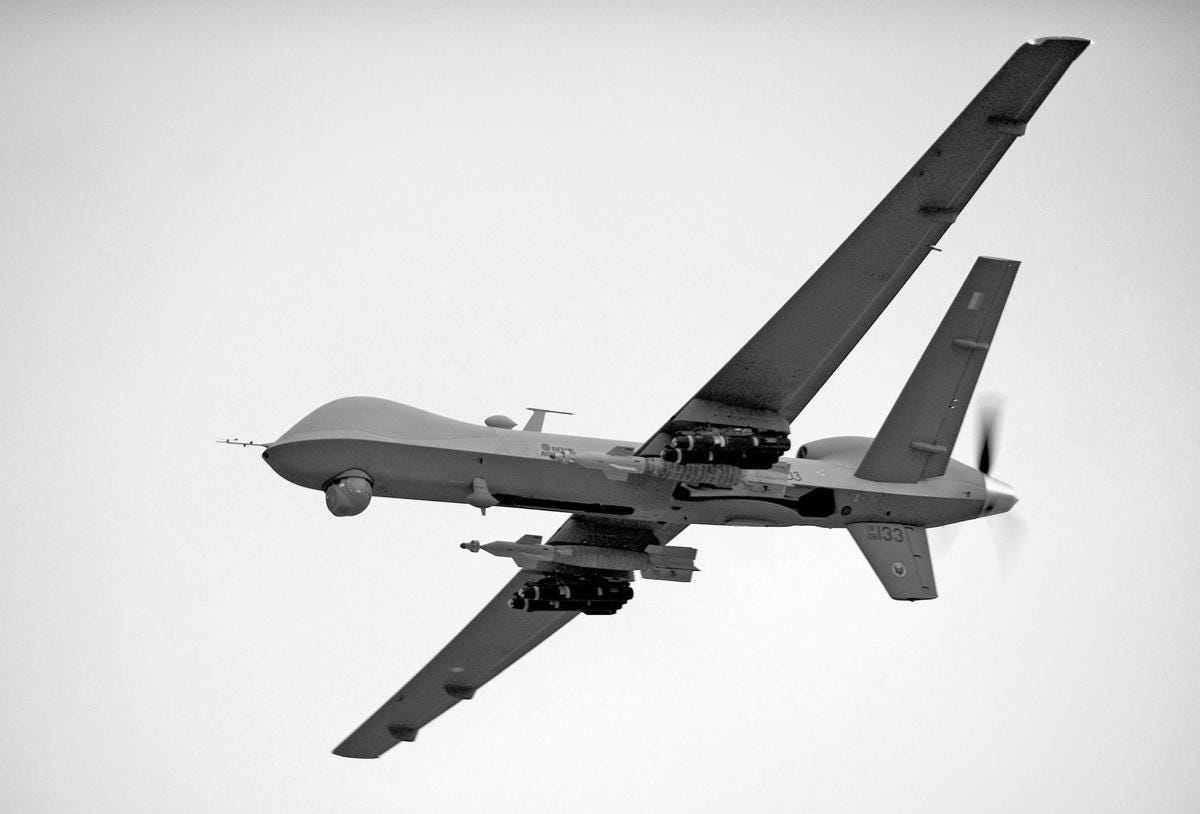Germany acquires loitering munitions as drone doctrine evolves
Germany has taken a major step in reshaping its defence posture with the acquisition of loitering munitions—its first such purchase—as Berlin accelerates military modernisation in response to Russian aggression.
At a press briefing Friday, defence ministry spokesperson Mitko Mueller confirmed that two contracts had been signed for the procurement of explosive drones, signalling a shift in Germany’s operational priorities. The move reflects a broader effort across NATO to adapt lessons from the war in Ukraine, where loitering munitions have redefined modern combat through precision, persistence, and low-cost attrition.
Loitering munitions, often dubbed “kamikaze drones,” can hover in contested airspace for extended periods before striking. Equipped with onboard explosives and guided by AI-assisted targeting systems, they offer both ISR and strike capabilities in a single, low-signature platform. Germany’s procurement is aimed at frontline testing, with Mueller confirming that units will be delivered directly to operational forces for evaluation.
While specific manufacturers were not disclosed, the announcement aligns with Germany’s broader push to invest in emerging defence technologies, including AI-enabled systems. Mueller stressed that despite advances in autonomy, “people make the decision about the use of the weapons. That will not change.” This adheres to Germany’s longstanding policy of retaining human-in-the-loop control for lethal systems.
The purchase comes amid renewed urgency in Europe to increase defence spending and reduce reliance on U.S. security guarantees—particularly as uncertainty grows around future U.S. leadership. Berlin has already taken steps to lift constitutional debt restrictions to unlock a significant tranche of funding for defence and infrastructure upgrades.
For defence technology startups and drone manufacturers, Germany’s entry into loitering munitions marks a shift toward operational experimentation with tactical autonomy and modular unmanned systems. As Berlin moves beyond procurement hesitancy, the German military will likely become a more active testbed for NATO-aligned drone innovation.



